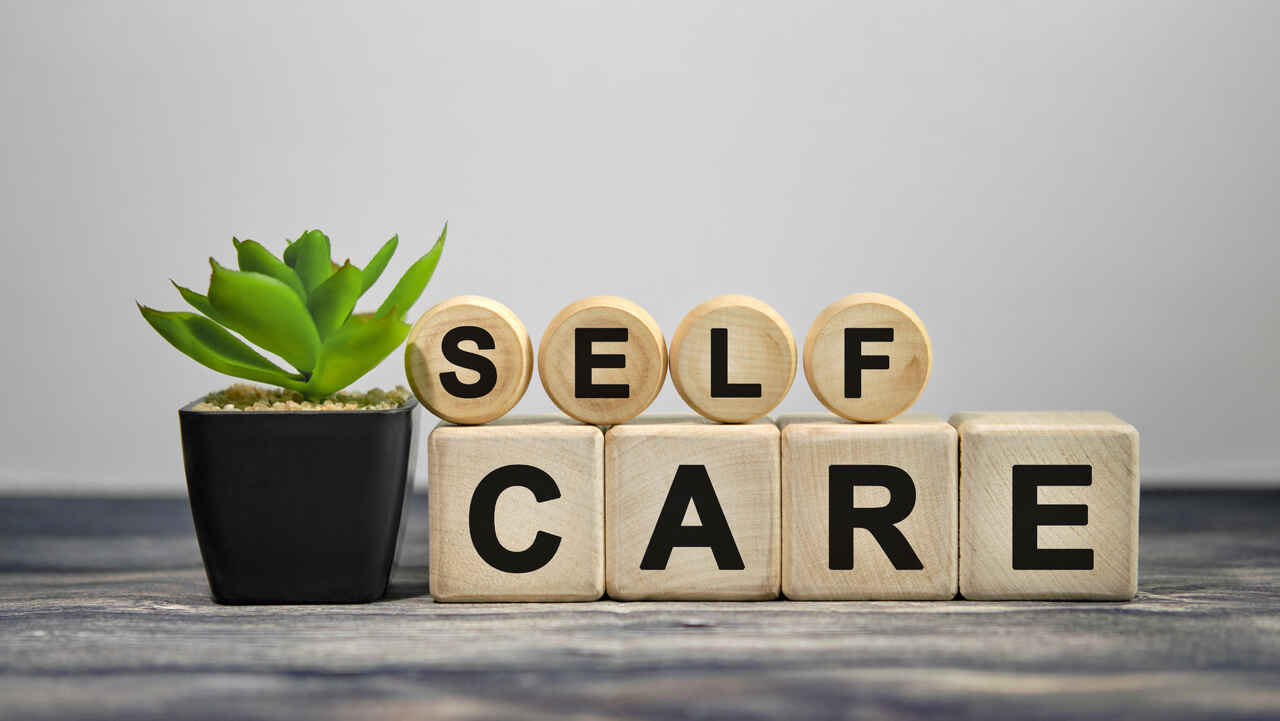
Caregiving can be hard on your mental and physical health, unless you do this.
Taking care of a loved one is a noble cause, but it can also be very stressful. In fact, caregiving can wreak havoc on your physical and mental health if you don’t do one very important thing.
You need to take care of yourself.
It’s easy to get overwhelmed with all you need to do when taking care of someone else. You likely also have other responsibilities related to kids, work and home that need to be managed. Depending on the extent of caregiving you provide, you may find it difficult to find time for much else. That may leave you with very little time to focus on yourself or to just have some fun.
But you should make the time.
Not only is self-care important when it comes to maintaining your mental health, but it’s also important for your physical health. And if you need another reason to not feel guilty about taking some time to focus on you, consider this—taking care of yourself helps make you a better caregiver. So the person you are taking care of will benefit as well.
Here are 5 self-care tips for caregivers:
-
-
- Practice stress management. Caregiving can be very stressful and chronic stress can lead to many health issues. Find ways to reduce stress that work for you. Meditate, take a walk, call a friend or talk to a professional if needed.
- Get enough sleep. It’s not uncommon for caregivers to burn the candle at both ends. But getting enough sleep helps you stay healthier in many ways. If you have trouble falling asleep thinking of what you need to do, keep a notepad by your bed to write it down.
- Carve out “me” time. Don’t think you can find time in your day just for you? You can. You just need a few minutes to disconnect from what you need to do and focus on what you want to do. Listen to music, watch a funny video, write in a journal or just close your eyes and do nothing.
- Don’t neglect yourself. Don’t forget to take care of your own health when taking care of someone else. Keep up with doctor appointments and screenings. Eat healthy and exercise. Get things checked out if you’re not feeling well.
- Ask for help. Even superheroes need help sometimes, so ask for help when needed. Figure out what type of assistance will benefit you most and then let others do it. Keep in mind that you often don’t get help unless you ask for it. So ask.
-
Copyright 2021 © Baldwin Publishing, Inc. All rights reserved.
Health eCooking® is a registered trademark of Baldwin Publishing, Inc. Cook eKitchen™ is a designated trademark of Baldwin Publishing, Inc. Any duplication or distribution of the information contained herein without the express approval of Baldwin Publishing, Inc. is strictly prohibited.
Date Last Reviewed: September 3, 2021
Editorial Review: Andrea Cohen, Editorial Director, Baldwin Publishing, Inc. Contact Editor
Medical Review: Perry Pitkow, MD
Learn more about Baldwin Publishing Inc. editorial policy, privacy policy, ADA compliance and sponsorship policy.
No information provided by Baldwin Publishing, Inc. in any article is a substitute for medical advice or treatment for any medical condition. Baldwin Publishing, Inc. strongly suggests that you use this information in consultation with your doctor or other health professional. Use or viewing of any Baldwin Publishing, Inc. article signifies your understanding and agreement to the disclaimer and acceptance of these terms of use.